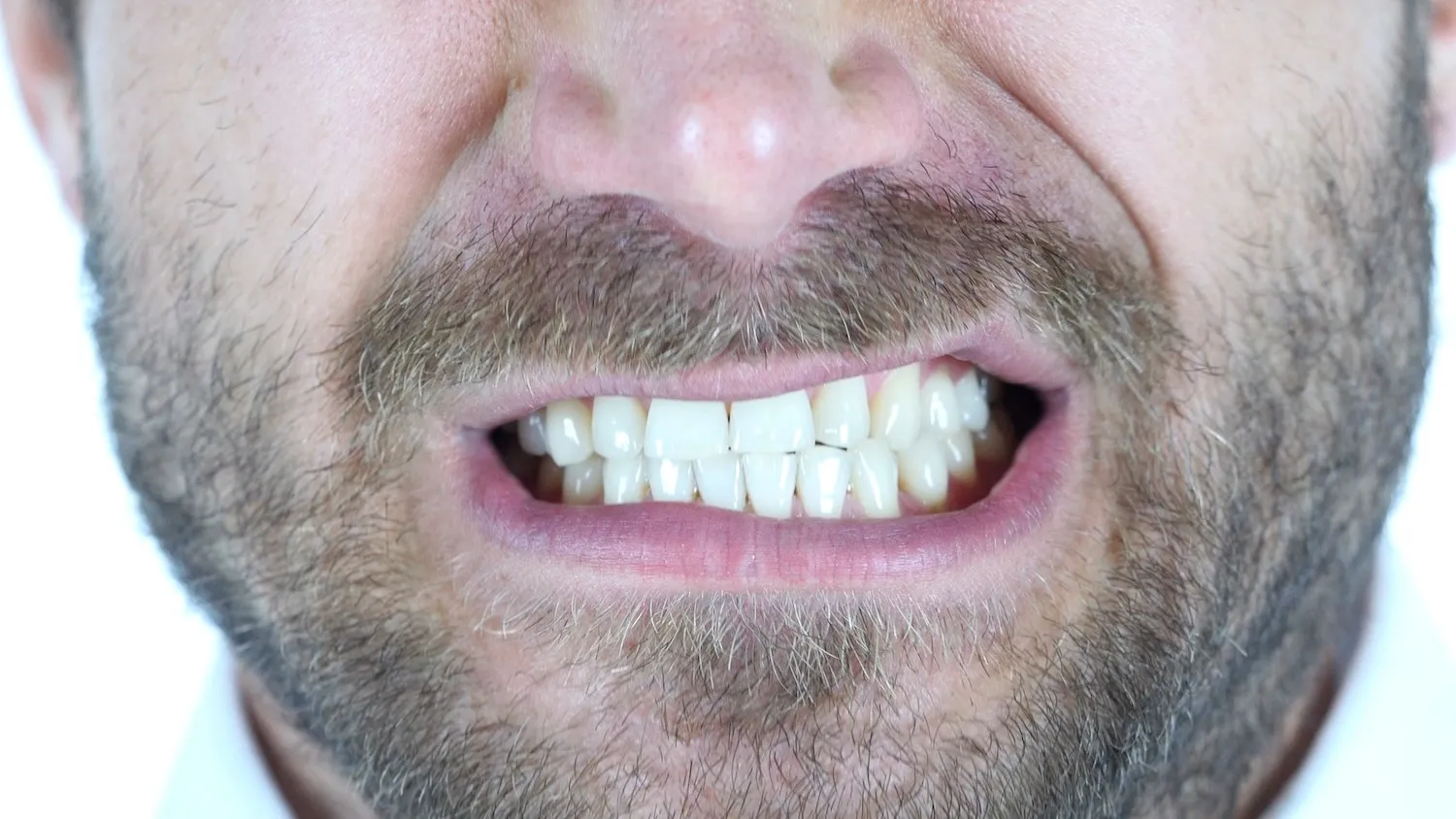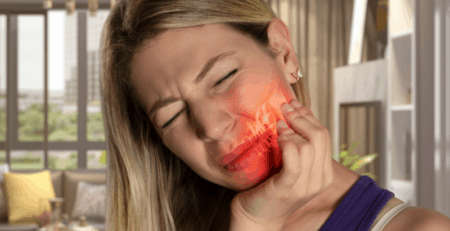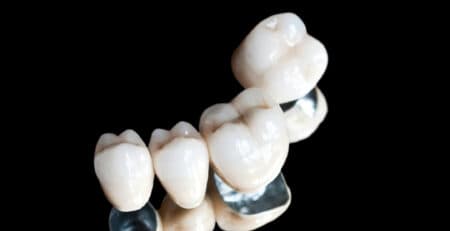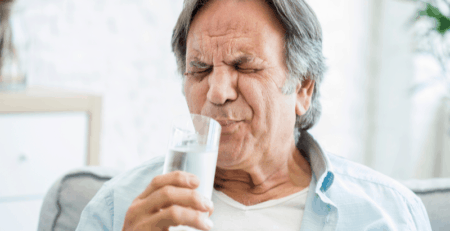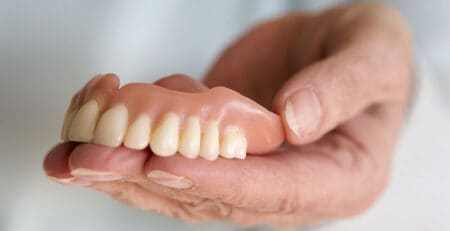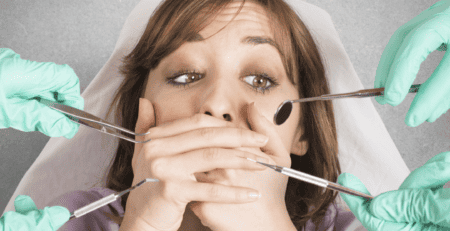Teeth Grinding 101: Causes, Symptoms, and Solutions
Teeth Grinding Treatment in Hervey Bay
I. Introduction
Teeth grinding, also known as bruxism, is a surprisingly common yet often overlooked condition. It’s the relentless, subconscious clenching and gnashing of teeth that can occur during the day or, more commonly, at night while you’re fast asleep. Imagine the relentless grinding of gears in a machine, but in this case, it’s happening in your mouth, and the consequences can be far-reaching.
The importance of addressing teeth grinding cannot be overstated. It’s not just about protecting your pearly whites; it’s about safeguarding your overall well-being. When left unchecked, the impact of bruxism can extend beyond your mouth, affecting your quality of life, sleep, and even your emotional state. Ignoring it is like ignoring a warning light on your car’s dashboard—it may seem minor, but it could signal a much larger issue.
In this comprehensive blog post, we’ll dive deep into the world of teeth grinding. We’ll explore the intricate web of causes that lead to this troublesome habit, unravel the subtle and not-so-subtle symptoms it leaves in its wake, and most importantly, we’ll equip you with a toolbox of solutions to combat it. So, fasten your seatbelts as we embark on a journey to understand the ins and outs of teeth grinding and discover how to put an end to its relentless grind.
II. Causes of Teeth Grinding
A. Stress and Anxiety
The Grind Under Pressure:
Teeth grinding, or bruxism, often acts as a silent scream from your body, revealing the inner turmoil of stress and anxiety. When life’s demands pile up, the tension we hold within us can manifest physically, and one of the most common ways is through the clenching and grinding of teeth.
Imagine a pressure cooker; when it builds up too much steam, the whistle blows. In a similar fashion, when your stress and anxiety reach a boiling point, your body seeks an outlet, and for many, that outlet is bruxism. Your jaw muscles tighten, and your teeth bear the brunt of this pent-up tension, grinding away as if trying to pulverize the stress itself.
Common Triggers:
Understanding the triggers for stress-related teeth grinding is crucial for effective management. Here are some common culprits that may set off this grinding frenzy:
1 – Work-related stress: High-pressure jobs, tight deadlines, or demanding bosses can lead to increased stress levels, which may translate into nighttime teeth grinding.
2 – Personal life challenges: Relationship problems, financial woes, or major life changes can all be potent triggers for anxiety, causing you to clench your teeth unconsciously.
3 – Academic pressure: Students facing exams, coursework deadlines, or academic pressures are not immune to bruxism’s grasp. The stress of performing well academically can manifest as teeth grinding.
4 – Health concerns: Chronic illnesses or physical discomfort can exacerbate stress and anxiety, contributing to bruxism.
5 – Sleep disturbances: Ironically, teeth grinding can also cause sleep disruptions, creating a vicious cycle. Factors like sleep apnea or snoring can trigger grinding, leading to even poorer sleep quality.
6 – Recognizing these triggers is the first step in addressing stress and anxiety-induced teeth grinding. By tackling the root causes of stress and implementing strategies to manage it, you can significantly reduce the grinding and its potential consequences.
B. Dental Issues
The Dental Domino Effect:
Dental problems can be both a cause and a consequence of teeth grinding, creating a frustrating feedback loop. When your teeth are not in optimal shape, it can trigger bruxism as your body attempts to adapt to these issues.
For instance, a dental issue like an uneven bite or malocclusion (misalignment of upper and lower teeth) can lead to discomfort or pain when chewing. In response, your jaw may unconsciously shift and grind your teeth in an attempt to find a more comfortable position, essentially making matters worse.
The Vicious Circle of Misaligned Teeth:
Misaligned teeth and bite issues are intimately related to teeth grinding. When your upper and lower teeth don’t align properly, it creates an unstable environment within your mouth. This misalignment can lead to undue pressure on certain teeth or areas of the jaw, and your body’s natural response is to grind in an attempt to find equilibrium.
Think of it as trying to fit puzzle pieces together; if they don’t align, you may exert force to make them fit, which can lead to damage and wear over time. Similarly, misaligned teeth can result in teeth grinding, with the consequence of further exacerbating dental problems.
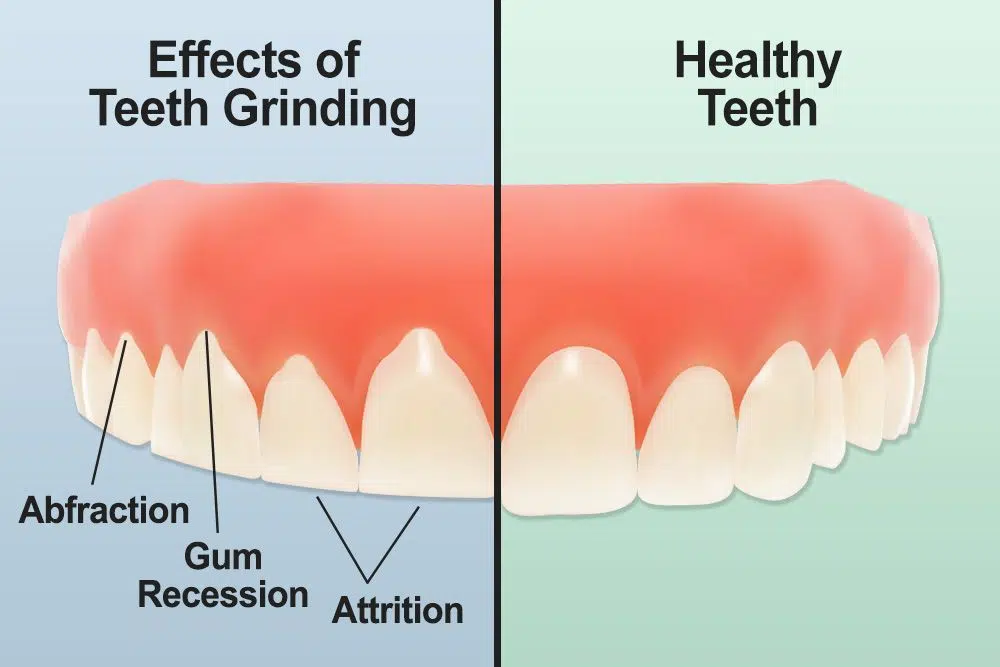
C. Lifestyle Factors
Sip and Grind:
Lifestyle choices can play a significant role in teeth grinding. The consumption of certain substances can trigger or worsen bruxism. Here’s how alcohol and caffeine intake come into the picture:
- Alcohol: While alcohol may initially relax you, it can disrupt your sleep cycle later in the night. As your body processes alcohol, it can lead to lighter, less restful sleep. This disrupted sleep can increase the likelihood of teeth-grinding episodes during the night.
- Caffeine: Many people rely on caffeine to kickstart their mornings or stay alert during the day. However, excessive caffeine intake, especially in the afternoon or evening, can lead to increased nervousness and heightened arousal, which can contribute to teeth grinding when you try to rest.
Smoking and Recreational Drug Use:
Smoking and recreational drug use can also be factors in teeth grinding:
- Smoking: Nicotine is a stimulant, and it can elevate anxiety and stress levels. Smoking before bedtime can potentially exacerbate bruxism, particularly in individuals who are already prone to it due to other factors.
- Recreational Drugs: The use of recreational drugs can have a profound impact on your mental state. Substances that increase anxiety or stress can indirectly lead to teeth grinding. Additionally, some drugs can directly affect muscle tension, including the muscles involved in jaw clenching.
Addressing these lifestyle factors and moderating their consumption, especially close to bedtime, can be an important step in managing and preventing teeth grinding.
III. Symptoms of Teeth Grinding
A. Physical Symptoms
Common physical signs of teeth grinding encompass jaw pain, headaches, and facial discomfort. Many individuals with bruxism wake up with a tight or sore jaw, often accompanied by headaches that seem to originate around the temples or forehead. These persistent physical symptoms can significantly impact daily comfort and well-being.
Teeth grinding can also wreak havoc on your dental health. The consistent grinding and clenching put excessive pressure on your teeth, leading to wear and tear. Over time, this can result in flattened, chipped, or fractured teeth and even the loosening of dental fillings or crowns.
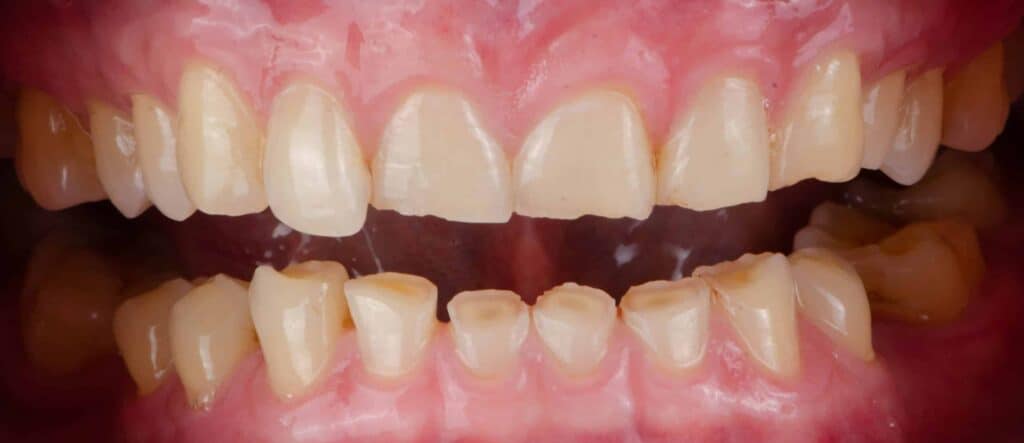
B. Sleep-Related Symptoms
Teeth grinding during sleep can become a disruptor of your peaceful slumber. The loud, grating noises generated by grinding can awaken you or your sleep partner. These sudden interruptions can fragment your sleep cycles, causing you to wake up feeling groggy and unrested.
The consequences of disrupted sleep extend beyond your own restlessness. If you share a bed with someone, the incessant grinding can also disturb their sleep, leading to shared fatigue and potential relationship strain.
C. Emotional and Psychological Symptoms
The emotional toll of teeth grinding can manifest as increased stress and irritability. The chronic discomfort and dental issues associated with bruxism can contribute to heightened stress levels during the day, making it harder to relax and unwind.
The impact on mental health can be significant. Teeth grinding can exacerbate anxiety and depression symptoms, creating a vicious cycle where emotional distress fuels bruxism, and bruxism, in turn, worsens emotional well-being. This interplay can take a toll on overall mental health and quality of life.
IV. Diagnosis
A. Unveiling the Mystery: How Teeth Grinding is Diagnosed
The first step towards conquering teeth grinding is acknowledging its presence. But how do you truly know if you’re grinding your teeth, especially when it often occurs during sleep, shrouded in silence? The answer lies in diagnosis.
B. The Unsung Heroes: Dentists and Healthcare Providers
When it comes to diagnosing teeth grinding, our trusted dentist or healthcare provider plays a pivotal role. These professionals are well-versed in the art of identifying the subtle yet telltale signs of bruxism. During routine check-ups, they examine your teeth for signs of wear, inspect your jaw for tenderness, and inquire about your symptoms.
They are the detectives in this journey, seeking clues in the form of dental damage, facial discomfort, or the insight you provide about headaches and restless nights. Their expertise enables them to piece together the puzzle, confirming the presence of bruxism.
C. Why Seek Professional Help? The Power of Early Intervention
Now, you might be wondering, “Why should I seek professional help for something as seemingly innocuous as teeth grinding?” Here’s the heartfelt truth: early intervention is the key to preventing the relentless cycle of bruxism from taking hold of your life.
Left unchecked, teeth grinding can evolve into a persistent, damaging force, impacting your dental health, sleep quality, and emotional well-being. By seeking professional guidance, you take a courageous step towards regaining control over your oral and overall health.
Our dentist or healthcare provider is not only equipped to diagnose bruxism but also to tailor a personalized treatment plan to suit your unique needs. They can recommend protective measures like mouthguards, offer strategies to manage stress and provide valuable insights to improve your quality of life.
So, remember this: by seeking help, you’re not admitting defeat; you’re taking the first powerful step towards a life free from the clutches of teeth grinding. Your health and happiness are worth it, and with professional guidance, relief is within reach.
V. Solutions for Teeth Grinding
A. Lifestyle Modifications
Stress Reduction Tips:
➡️ Prioritize self-care through activities like yoga, meditation, or deep breathing exercises.
➡️ Establish a regular sleep schedule to promote relaxation and better sleep quality.
➡️ Engage in hobbies and activities that bring joy and relaxation into your life.
Dietary Adjustments:
➡️ Reduce or eliminate caffeine and alcohol intake, especially close to bedtime.
➡️ Avoid hard or chewy foods that can exacerbate jaw tension.
➡️ Stay hydrated to prevent dry mouth, which can contribute to teeth grinding.
B. Dental Treatments
Mouthguards and Splints:
➡️ Mouthguards act as protective shields, preventing tooth damage caused by grinding.
➡️ Splints, also known as bite guards, help align the jaw and reduce muscle tension.
➡️ Both options are custom-fitted by a dentist for maximum effectiveness.
Dental Adjustments:
➡️ Dentists may recommend adjusting the alignment of your teeth to reduce grinding.
➡️ This may involve reshaping the biting surfaces or orthodontic treatments.
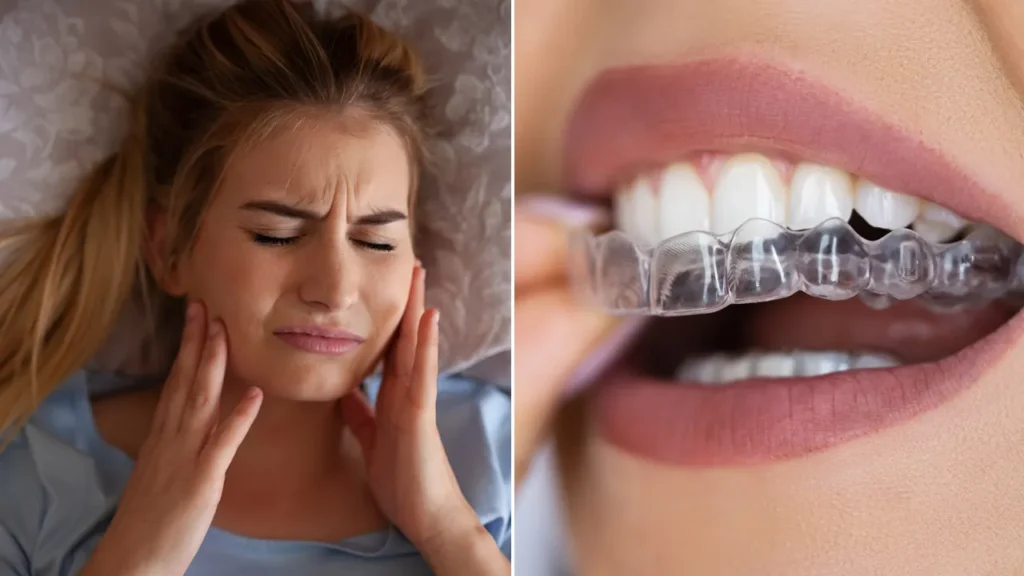
C. Behavioral Approaches
Relaxation Techniques: Practice relaxation exercises like progressive muscle relaxation before bedtime. Consider mindfulness meditation to reduce overall stress and anxiety.
Cognitive-Behavioral Therapy (CBT): CBT can help you identify and address the underlying causes of bruxism. It provides tools to manage stress, anxiety, and the behavioural aspects of teeth grinding.
D. Medications
Medications for Severe Cases:
Muscle relaxants or anti-anxiety medications may be prescribed in severe cases. These are typically short-term solutions under medical supervision.
Medical Oversight:
It’s crucial to consult a healthcare professional before starting any medication. Regular follow-ups and communication with your healthcare provider are essential.

VI. Prevention
A. Prevention Tips:
➡️ Maintain a stress-aware lifestyle with regular exercise and stress management.
➡️ Implement relaxation practices to alleviate tension throughout the day.
➡️ Consider therapy or counselling for persistent stress or anxiety.
B. Regular Dental Check-ups:
➡️ Schedule routine dental check-ups at least twice a year.
➡️ Dentists can monitor your progress and adjust treatment as needed.
VII. Conclusion
In this journey through the world of teeth grinding, we’ve uncovered the causes, symptoms, and a range of solutions to tackle this often underestimated issue. Remember, the clenching of teeth isn’t just a minor inconvenience; it can have far-reaching consequences on your physical and emotional well-being.
If you suspect you’re grinding your teeth, don’t hesitate to seek professional help from a dentist or healthcare provider. With their guidance and the lifestyle adjustments and treatments we’ve explored, you can regain control over this condition. There’s hope, and relief is within reach. You don’t have to endure the relentless grind in silence—take that first step towards a healthier, happier you.
Need An Appointment?
Discover the path to a pain-free smile and a restful night’s sleep. Contact the Wide Bay Central Dental Clinic’s team today for a consultation. Call (07) 41964 2525
We’re here to help you conquer teeth grinding and restore your oral health. Don’t wait – your smile deserves the best care!

